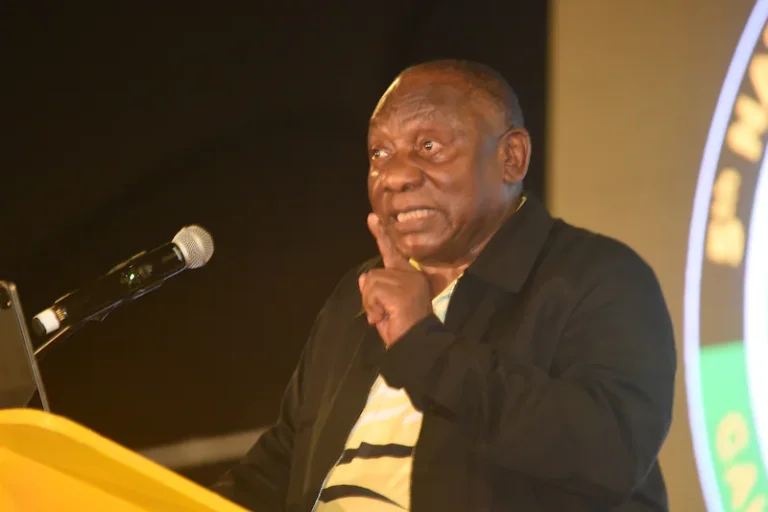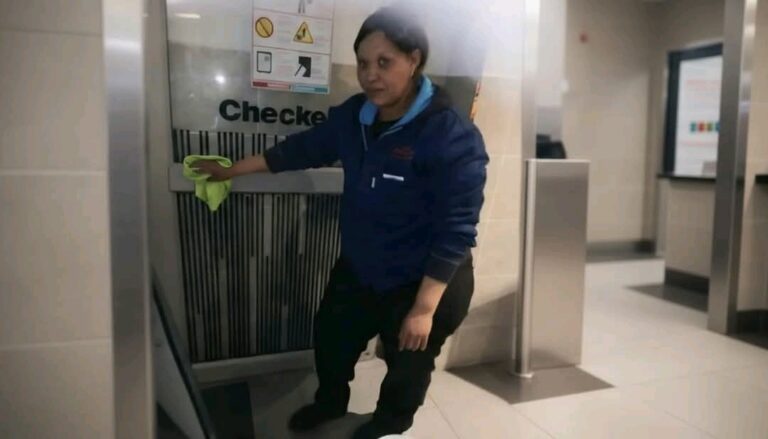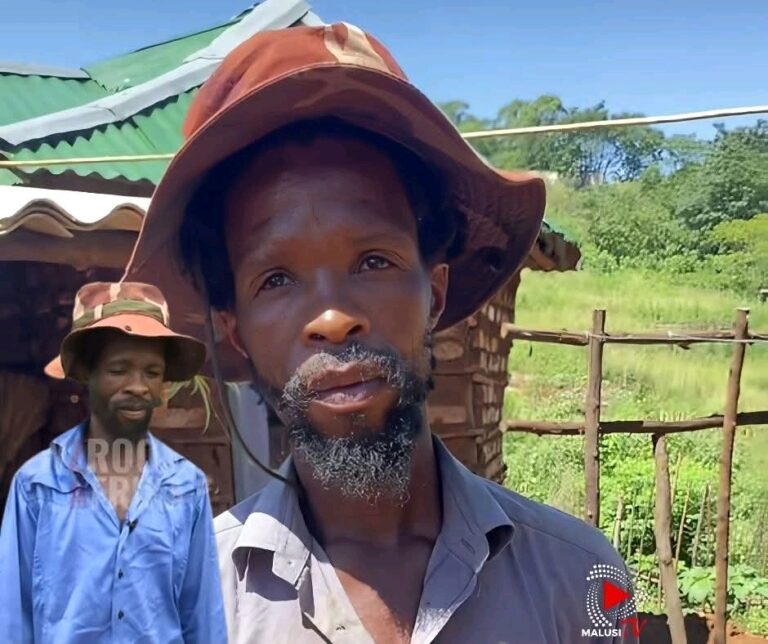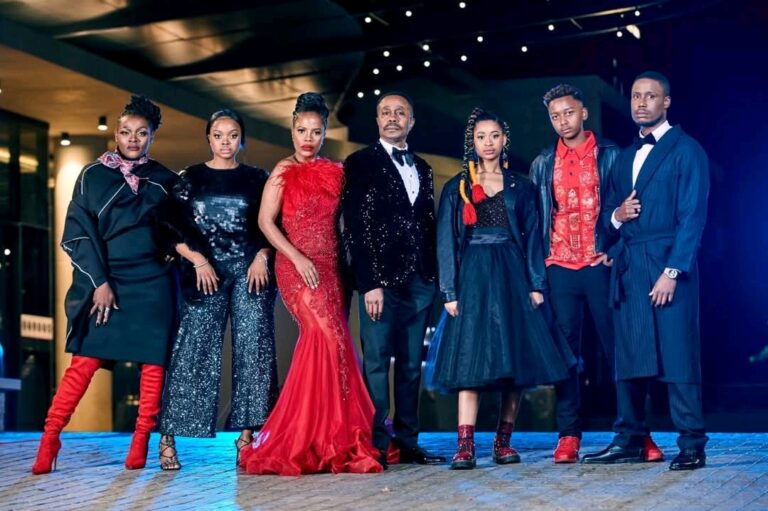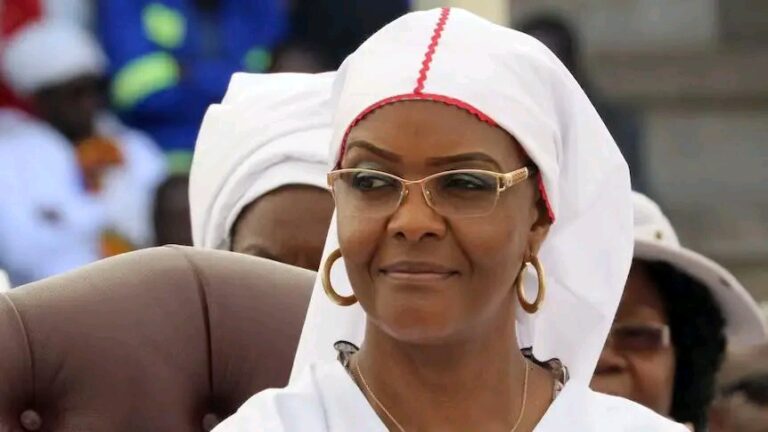
Explosive revelations have emerged at the Madlanga Commission, where evidence presented on Tuesday revealed that controversial Gauteng businessman Vusimuzi “Cat” Matlala, currently facing attempted murder charges, shared a confidential document containing President Cyril Ramaphosa’s personal details with a top police official.
According to Advocate Adila Hassim, who read testimony from a protected witness known only as Witness X, the evidence comes from WhatsApp messages retrieved from Matlala’s phone after his arrest. Matlala was apprehended following allegations that he ordered a hit on his ex-girlfriend, actress Tebogo Thobejane.

Hassim told the commission that on April 13, 2025, Matlala forwarded three documents to Major-General Lesetja Senona, the head of the Hawks in KwaZulu-Natal. The files included:
- Results from a LexisNexis search on the Senzo and Thembeka Mchunu Foundation.
- A “strictly confidential memo” titled Biz Traces to April 2020—containing multiple identity numbers linked to President Ramaphosa.
- An undisclosed third document with details still under investigation.
The memo allegedly recommended the destruction of company records, removal of data from SARS systems, and the closure of certain bank accounts linked to disputed identity numbers. Sensitive details, including the “common identity number,” were redacted before submission to the commission.
“The reason behind Matlala’s decision to send these files to Senona remains unknown,” Hassim noted. “However, it raises serious concerns about the sharing of state-sensitive information between a civilian under investigation and a senior law enforcement officer.”
Witness X testified that their evidence builds on earlier testimony from Lieutenant-General Dumisani Khumalo, the suspended police intelligence commissioner, who fell ill before completing his appearance. Witness X’s statement detailed WhatsApp exchanges between Matlala and Senona spanning December 22, 2024, to May 14, 2025.
The chats allegedly prove a close and mutually beneficial relationship between the two men—highlighting how Senona may have shielded Matlala from scrutiny while leaking internal police information.
“The messages suggest an exchange of favors, protection, and confidential intelligence,” said Hassim. “It paints a disturbing picture of corruption and interference within the criminal justice system.”
The Madlanga Commission, established to investigate corruption, political manipulation, and criminality in South Africa’s justice and law enforcement sectors, continues to uncover shocking evidence of institutional decay.
This latest disclosure adds another layer of complexity to the ongoing inquiry, suggesting that high-ranking officials may have been complicit in acts that compromise the integrity of national security.
As the hearings continue, public interest grows over whether the commission will summon Senona to answer for his alleged role in the exchange and whether Matlala’s possession of the president’s confidential information signals a deeper conspiracy involving state actors.
The proceedings are ongoing, with further testimony expected to shed light on the links between politics, business, and law enforcement corruption that continue to haunt South Africa’s justice system.


